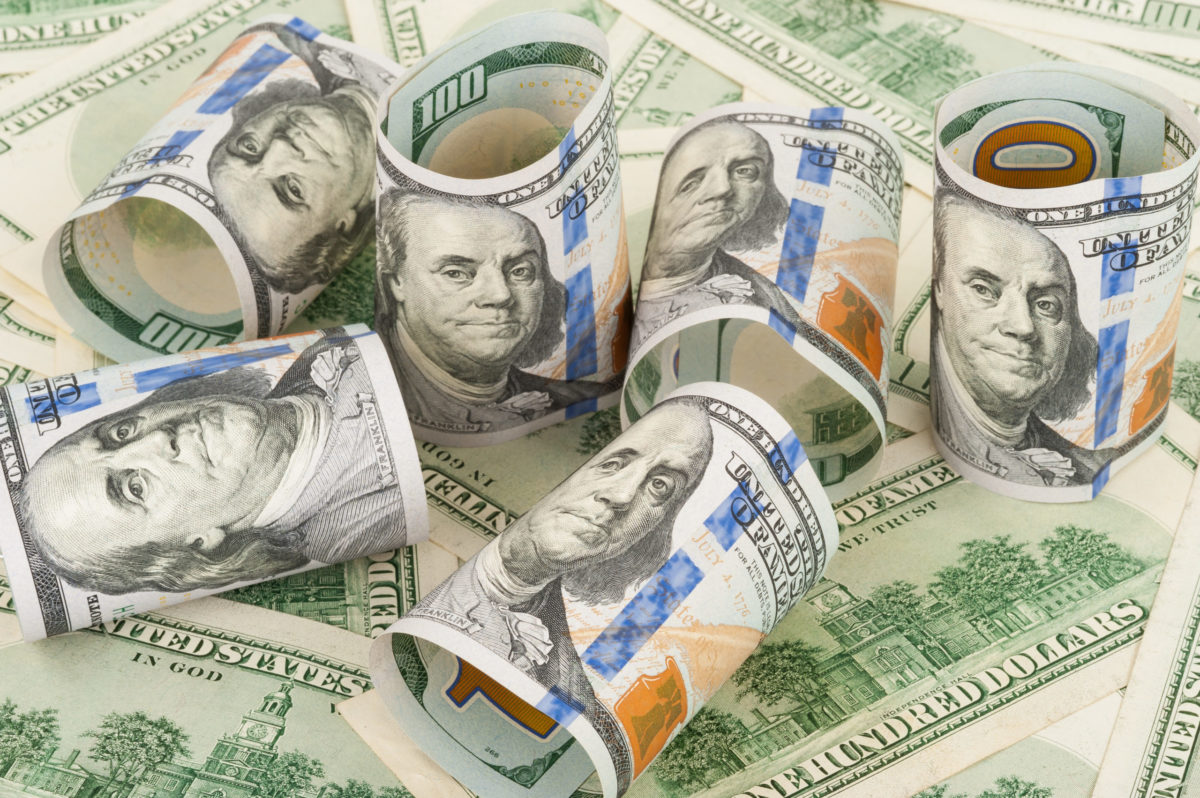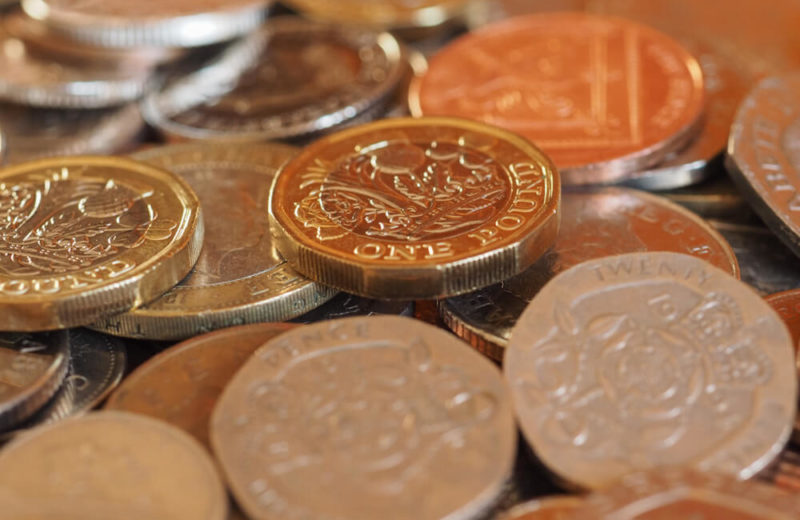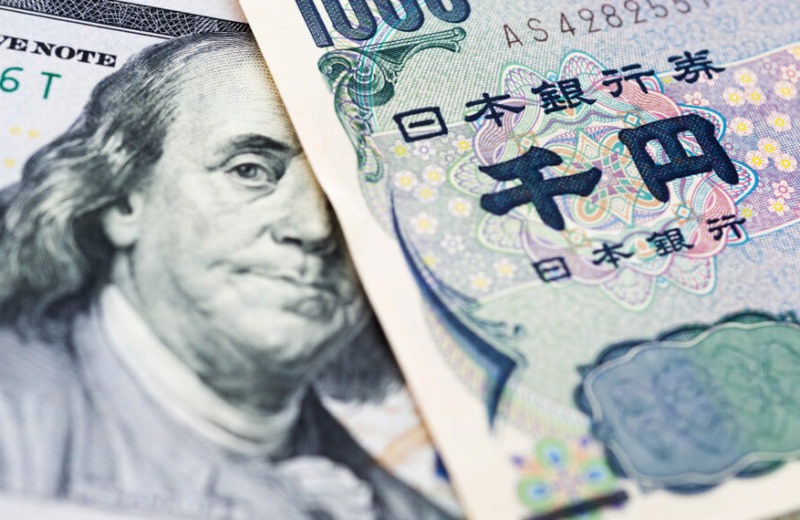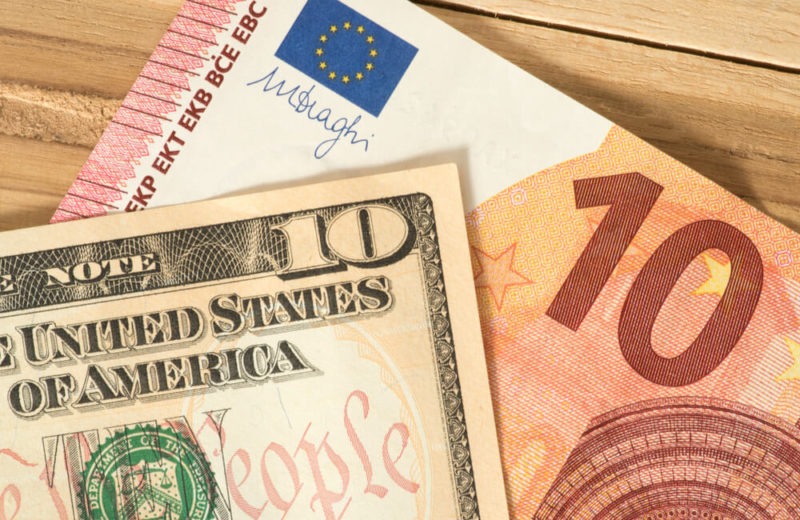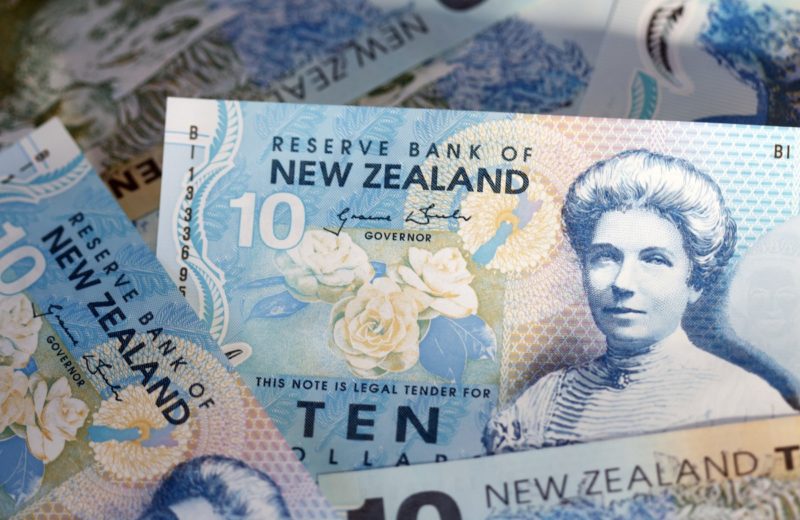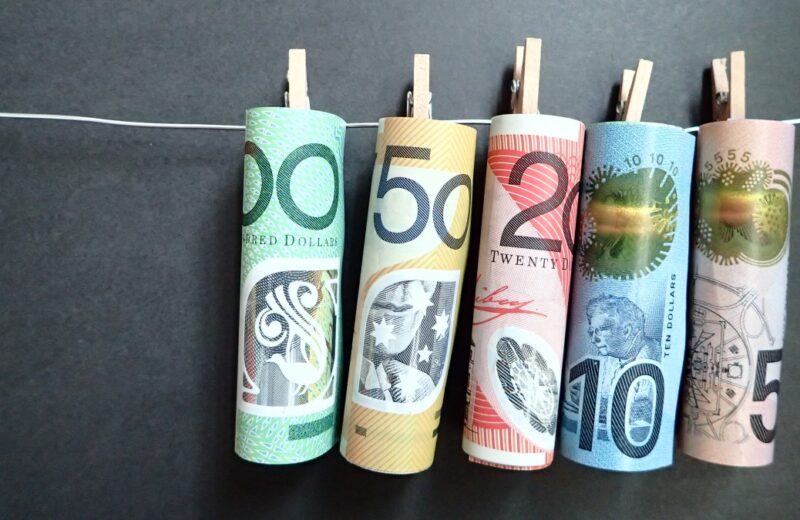Esther Reichelt is a Commerzbank FX strategist. She said that, from the market’s point of view, there is nothing speaking in favor of the euro yesterday morning. This is with comparison to the surprisingly strong United States home sales data from two days ago.
Moreover, in the past few trading days, the market has been torn between some positive economic developments. Notable are two things: a seeming resurgent pandemic and a rebound in factory activity in China.
On Monday, Texas and California saw record rises in new infections. Meanwhile, in Britain, a reinforced lockdown was imposed in the city of Leicester.
Jerome Powell is the United States Federal Reserve Chair. He warned that the outlook for the biggest economy in the world is extraordinarily uncertain. This thus kept investors on their toes.
Moh Siong Sim is an FX analyst at the Bank of Singapore. He said that markets are jumpy. Moreover, he added that tensions remain between the virus and the economic pickup.
United States Dollar and Others
The safe-haven Swiss franc slipped marginally. Against the franc, the dollar rose by 0.1% to 0.9506 while it also climbed against the Japanese yen. This is another currency considered a safe storage for value. The United States dollar was last up by 0.1% to 107.73 yen.
Currently, the eurozone’s inflation remains weak. The sentiment also remains weak during worries about the pandemic.
Sentiment then faltered during fears that new COVID-19 hot spots across the world may jeopardize the swift recovery from the pandemic investors were hoping for. So, on Tuesday, a fresh batch of grim economic data kept the euro and the pound under pressure.
The underlying price pressures in the eurozone dropped again. So, this is underscoring fears that the growth of consumer prices will remain anemic for years. So, against the United States dollar, the euro lost further ground.
The Office for National Statistics of Britain said that the economy shrank by 2.2% between January and March.




